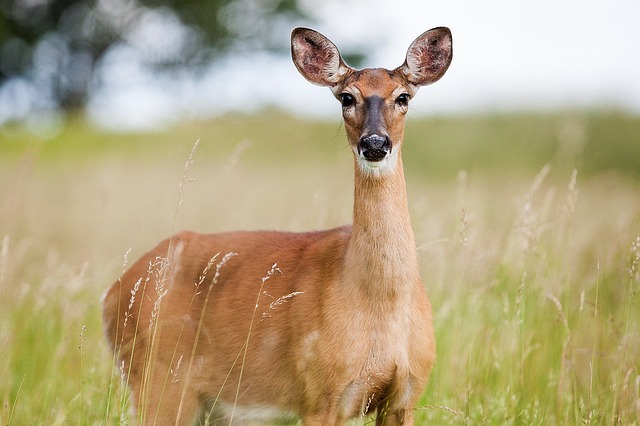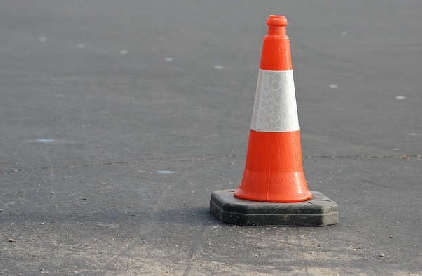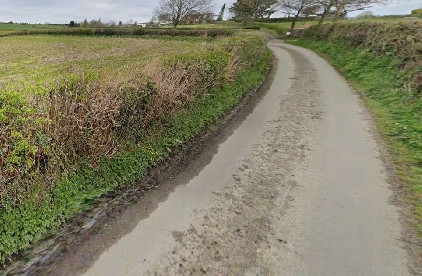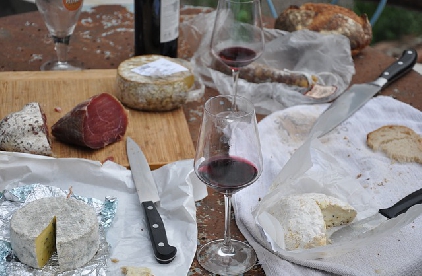
For the second year running, Highways England and The Deer Initiative have joined forces to warn motorists about the heightened risk of deer-vehicle collisions during the autumn.
Across the UK it is estimated that there could be up to 74,000 deer-related motor vehicle accidents this year alone, resulting in 400 to 700 human injuries and 20 deaths.
October through to December is considered a high-risk period as deer will be on the move for the autumn mating season, also known as the rut. The highest risk of a deer-vehicle collision is between sunset and midnight, and the hours shortly before and after sunrise.
Senior principle environmental advisor at Highways England, Tony Sangwine said:
"Safety is our top priority, which is why we care about people's journeys. We are working with The Deer Initiative to warn motorists about the risks caused by deer, when they suddenly appear on the road, particularly at both dawn and dusk."
"With most deer movement coinciding with key commuting hours, we are urging drivers to be more aware during this time of year so that they can complete their journeys safely and without incident."
With some 2 million deer living wild in the UK, newly qualified and city drivers are asked to take extra precaution when venturing onto unfamiliar roads, especially those in more rural areas.
Highways England's advice on staying safe is:
- When you see deer warning signs or are travelling through a heavily wooded or forested stretch of road, check your speed and stay alert.
- If your headlights are on, use full-beams when you can; but dip them if you see deer, as they may 'freeze'.
- More deer may follow the first one you see.
- Be prepared to stop. Try not to suddenly swerve to avoid a deer. Hitting oncoming traffic or another obstacle could be even worse.
- If you have to stop, use your hazard warning lights.
- Do not approach an injured deer – it could be dangerous.
Deer Aware will be running a safety campaign on social media for drivers throughout October and into November. Drivers are encouraged to follow DeerAware on twitter or facebook, or visit www.deeraware.com for hotspot notifications during this period.

 New homes for old bus depot
New homes for old bus depot
 MP graduates from Armed Forces Parliamentary Scheme
MP graduates from Armed Forces Parliamentary Scheme
 Tom Grennan to perform at Ludlow Castle
Tom Grennan to perform at Ludlow Castle
 Revealed: The main roads in Herefordshire prioritised for repairs
Revealed: The main roads in Herefordshire prioritised for repairs
 Villagers fustrated over lack of road repairs
Villagers fustrated over lack of road repairs
 New Food and Drink group launched at online event
New Food and Drink group launched at online event
